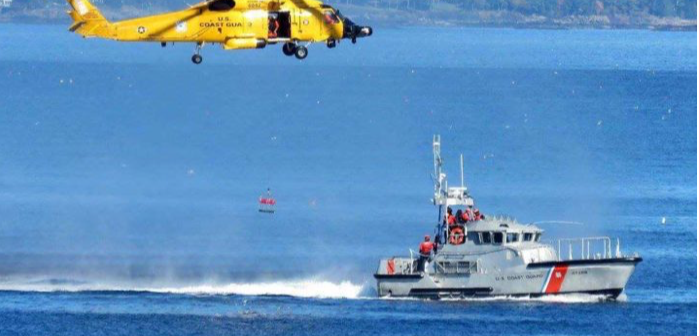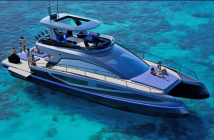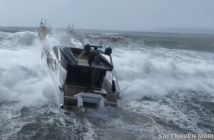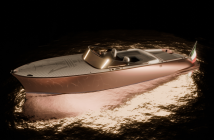With a new i911 program, the Coast Guard now can use your cell phone to find you if you’re in distress – but only with your permission and only if you have your phone’s Location Services function turned on.
The way it works is that if you call the Coast Guard in an emergency, they will ask for your cell phone number and then send you a text message authorizing them to use your phone’s GPS to find you. Your location, using the phone’s GPS information, will be displayed on a screen used by Coast Guard watchstanders. At that point, help will be on the way.
The i911 software was developed for first responders by Callyo Inc., which uses mobile phone technology to help law enforcement, and was tested as a pilot program in the Northeast from last May through November. It was judged to be a success, and was rolled out to all Coast Guard facilities throughout the U.S. on March 20.
It was first used by the Coast Guard in Long Island Sound, and watchstanders there found that the biggest challenge was teaching mariners in distress how to turn on the Location Services function on their phones. Without it, the i911 system won’t work. (On most phones you’ll find Location Services by going to Settings and then to Privacy.)
During the pilot period in Long Island Sound, the system helped the Coast Guard locate many people in distress, including three on an inflatable raft. They had been blown out to sea and couldn’t paddle back because of high winds and strong currents. But they used their cell phone to call the Coast Guard, which located them six miles offshore and rescued them quickly.
Depending on the individual cell service, i911 can locate a cell phone up to 15 or 20 miles offshore. During the pilot period, the Coast Guard took more than 38,000 search and rescue operations across the contiguous U.S., and 89 percent of them were within 20 nm of shore.
The Coast Guard emphasizes that the i911 program is not meant to replace the use of VHF radios in an emergency. The VHF, the Coast Guard says, is still the best way of reaching them if you need help. Read more:
https://coastguardnews.com/i911-helping-the-coast-guard-save-lives/2020/05/06/




